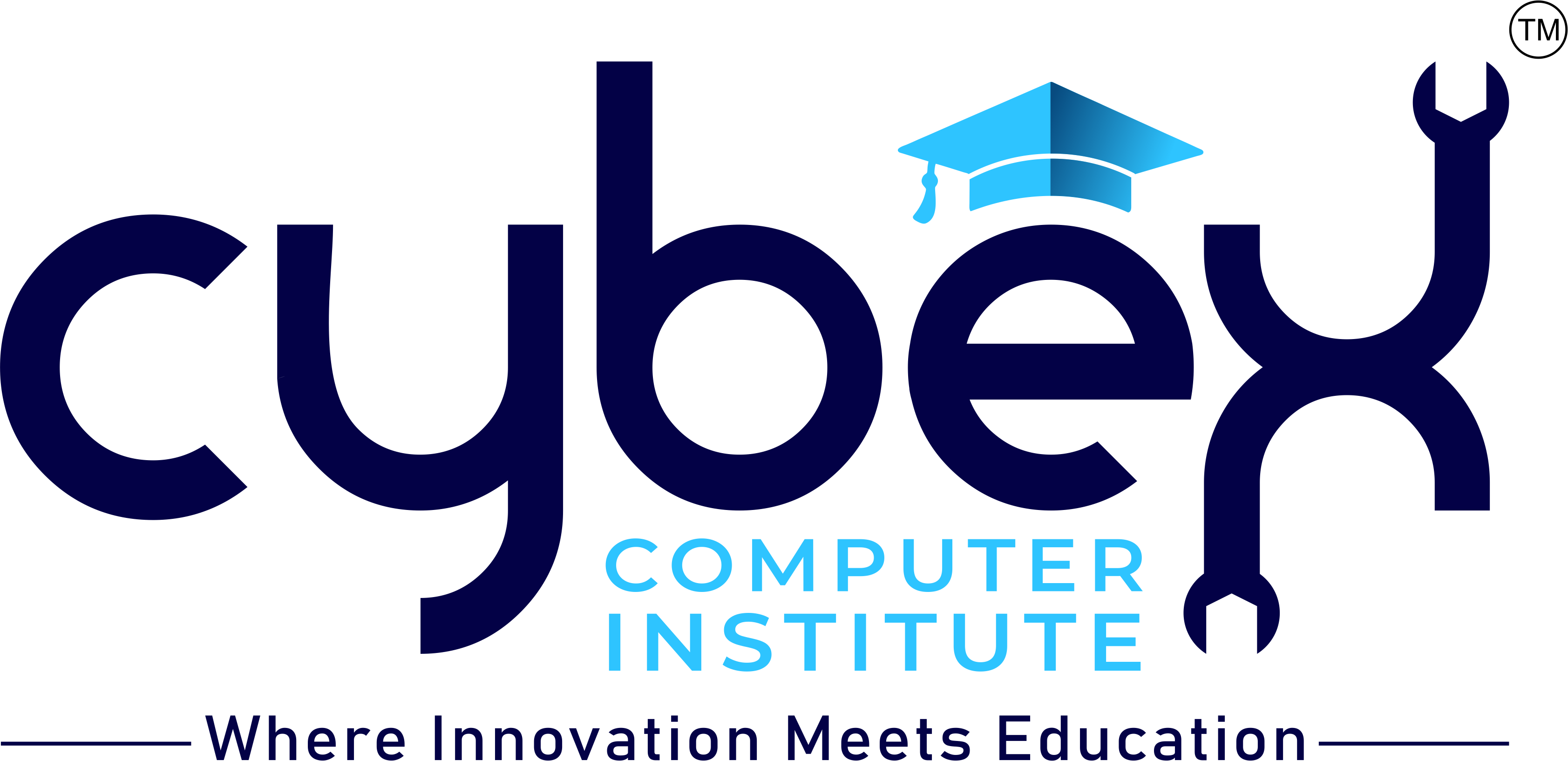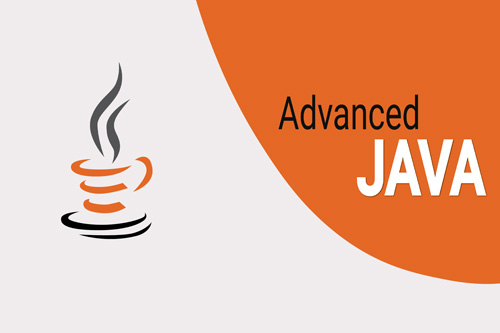Course Description:
This comprehensive program is designed to equip individuals with advanced skills and knowledge in Java, one of the most popular and versatile programming languages used in software development. Java’s object-oriented features, platform independence, and robust performance make it a critical tool for developing enterprise-level applications, web services, and mobile applications. Mastery of advanced Java concepts can significantly enhance career opportunities in software development, backend engineering, and application architecture roles.
Course Outline:
Introduction to Advanced Java:
Overview of Java:
Introduction to Java’s role in modern software development.
Understanding the benefits of using Java for scalable and secure applications.
Setting Up the Development Environment:
Steps for installing and configuring Java Development Kit (JDK) and Integrated Development Environments (IDEs) like IntelliJ IDEA or Eclipse.
Best practices for setting up projects and managing dependencies with tools like Maven and Gradle.
Object-Oriented Programming in Java:
Advanced Object-Oriented Concepts:
Deep dive into inheritance, polymorphism, abstraction, and encapsulation.
Understanding design patterns and their implementation in Java.
Interfaces and Abstract Classes:
Differentiating between interfaces and abstract classes.
Implementing multiple inheritance using interfaces.
Exception Handling and Debugging:
Advanced Exception Handling:
Techniques for creating custom exceptions and using exception hierarchies.
Best practices for handling exceptions in enterprise applications.
Debugging Techniques:
Utilizing IDE tools for effective debugging.
Understanding the Java memory model and debugging memory leaks.
Java Collections Framework:
In-Depth Study of Collections:
Understanding the architecture and components of the Java Collections Framework (JCF).
Implementing advanced data structures like maps, sets, and queues.
Generics and Type Safety:
Using generics to create type-safe collections.
Understanding wildcard types and bounded type parameters.
Multithreading and Concurrency:
Thread Management:
Creating and managing threads in Java.
Understanding thread lifecycle and synchronization.
Concurrency Utilities:
Utilizing the java.util.concurrent package for advanced concurrency control.
Implementing thread pools, atomic variables, and locks.
Java Input/Output (I/O) and Serialization:
Advanced I/O Streams:
Working with file I/O using the java.io package.
Understanding character streams, byte streams, and buffered streams.
Serialization and Deserialization:
Techniques for serializing and deserializing objects.
Understanding transient keyword and serialVersionUID.
Java Networking and Web Services:
Socket Programming:
Implementing client-server communication using sockets.
Understanding TCP and UDP protocols in Java networking.
Building Web Services:
Introduction to RESTful and SOAP web services in Java.
Using JAX-RS and JAX-WS for creating web services.
Database Connectivity with JDBC:
JDBC API:
Establishing connections to databases using JDBC.
Executing SQL queries and handling result sets.
Transaction Management:
Implementing transaction control using commit, rollback, and savepoint.
Understanding connection pooling for optimized performance.
Java Memory Management and Performance Tuning:
Garbage Collection:
Understanding the Java garbage collection process.
Using JVM options to tune garbage collection performance.
Profiling and Performance Optimization:
Utilizing profiling tools to identify performance bottlenecks.
Best practices for writing efficient and optimized Java code.
Java Frameworks and Libraries:
Introduction to Spring Framework:
Understanding the core concepts of Spring, including dependency injection and aspect-oriented programming.
Implementing Spring-based applications using Spring Boot.
Hibernate and JPA:
Working with Hibernate ORM for database operations.
Understanding Java Persistence API (JPA) for object-relational mapping.
Practical Applications and Case Studies:
Hands-On Practice:
Engaging in practical exercises to apply advanced Java concepts.
Completing real-world projects and case studies to deepen understanding.
Capstone Project:
Developing a comprehensive project that demonstrates proficiency in advanced Java development.
Showcasing the integration of various Java technologies in a cohesive application.
Learning Outcomes:
By the end of this course, participants will have a solid understanding of advanced Java programming concepts and techniques. They will be proficient in developing, debugging, and optimizing Java applications, as well as integrating Java with databases, web services, and other technologies. This proficiency will prepare them for roles in software development, backend engineering, and application architecture, enhancing their career prospects in the technology industry.
Target Audience:
This course is ideal for individuals seeking to deepen their expertise in Java programming and advance their careers in software development. It is particularly suitable for experienced Java developers, software engineers, backend developers, and anyone interested in mastering advanced Java concepts for enterprise-level application development.
Whether you are looking to build upon your existing Java knowledge or develop new skills, this course provides the essential skills and knowledge needed to become proficient in advanced Java development and excel in the software development field.




